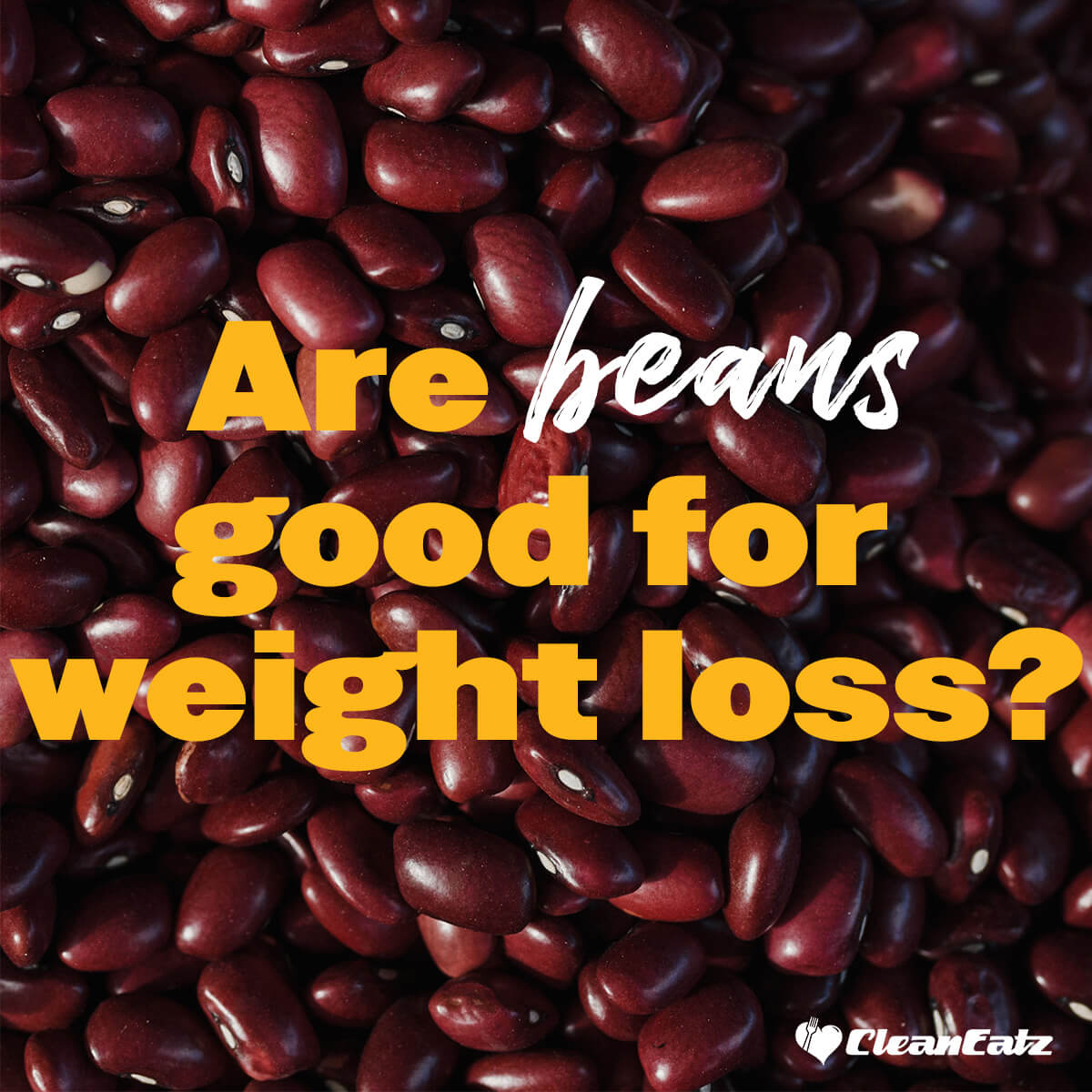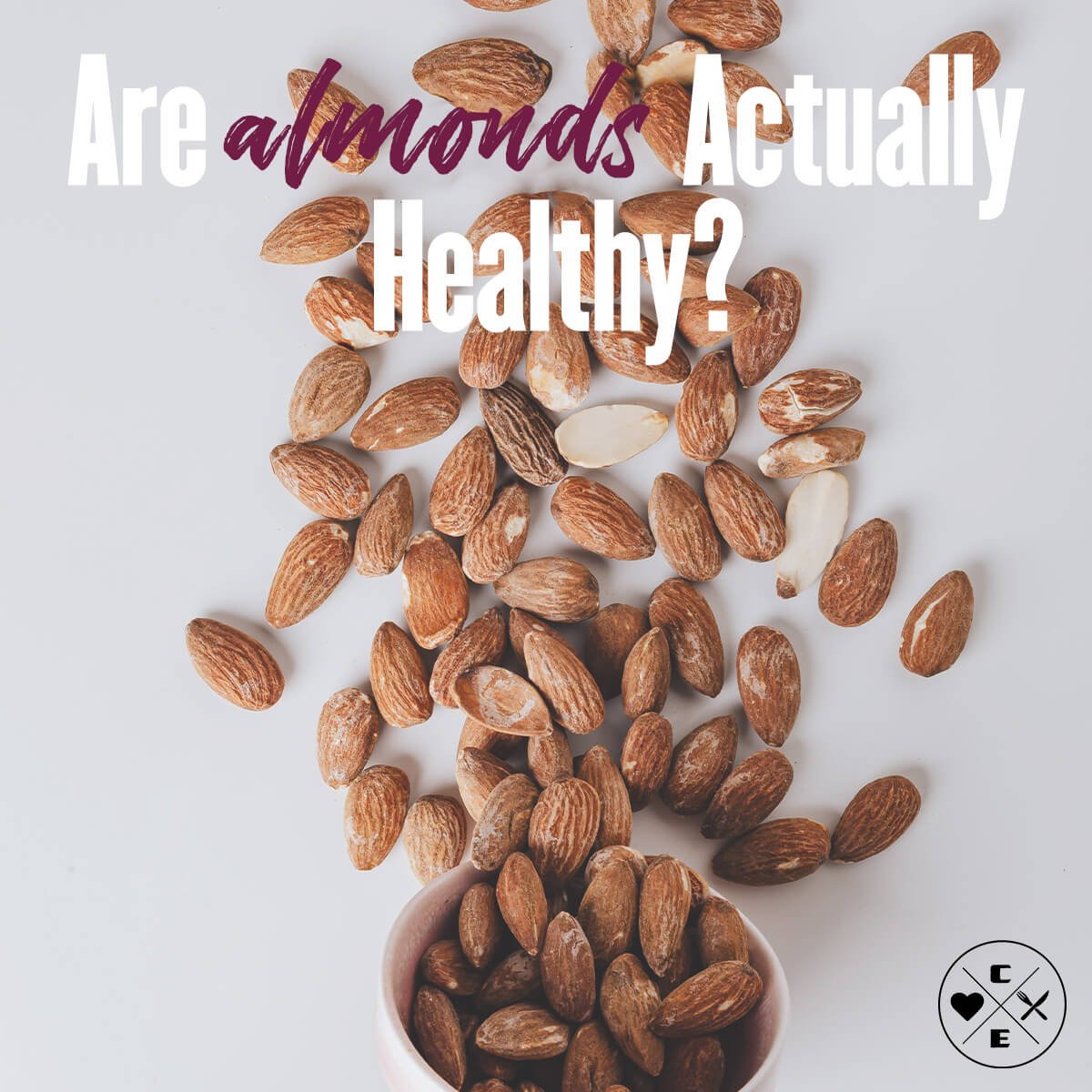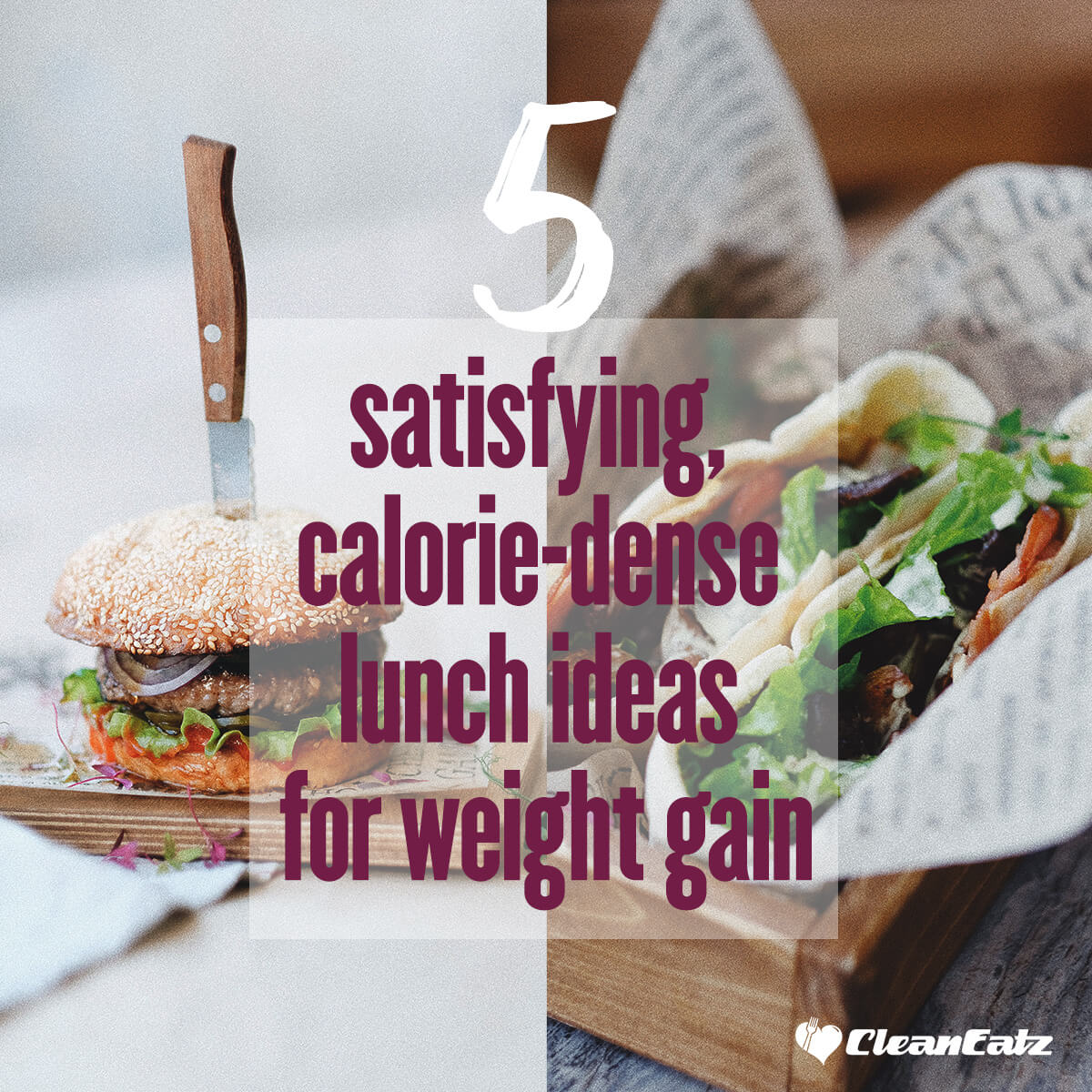
Are Beans Good for Weight Loss?
Jason Nista
Nutrition
|
Weight Loss
8 minute read
Have you ever wondered if are beans good for weight loss? Make some room for legumes on your plate! Today we want to cover one of those amazing foods that can help you get more protein daily, reduce hunger and cravings and take you close to your weight loss goals.
Today we are going to explore the following points in this article:
- The benefits beans offer
- Beans for weight loss
- Incorporating beans into your diet
Benefits of Including Beans in Your Diet
Beans are filled with nutrients, protein, and fiber while being low in calories. They're an excellent option for a lean, strong, and healthy body, especially when soaked and prepared properly. If you want to feel satisfied after your meals, prevent food cravings, and enjoy some delicious dishes read on to learn more about how adding more beans to your meals can help you lose weight.
There are many added benefits to your overall health from beans and legumes overall. Just to mention a few of the more important ones:
Good source of protein: beans have a varying content of protein depending on the kind of bean, but they all have a good amount and are surely a good way to get to your protein requirements to boost your fat loss and build muscle. For example, a cup of canned black beans has 14.5 gr of protein, and a cup of edamame beans has 18.5 gr of protein.
Vital nutrients and antioxidants: one of them is folate which is essential for overall health and body functions like making healthy red blood cells or preventing neural tube defects in the fetus during pregnancy. Beans are also rich in polyphenols which are a kind of antioxidants that help fight the effects of free radicals in the body.
Reduced risk of cancer: as mentioned above beans’ antioxidants and anti-inflammatory properties help fight the effects of free radicals which cause several diseases like colorectal cancer.
Improved Heart Health: beans have the effect of decreasing total serum cholesterol and LDL Cholesterol, there is also evidence that the high fiber content of beans can reduce the risk of cardiovascular disease and also have an effect reducing blood pressure
Improved glucose metabolism: Research shows that a diet that includes beans helps stabilize blood glucose levels and even has a positive effect on preventing the onset of diabetes and managing the disease.
Improving gut health: research shows that beans, especially black beans, can enhance gut health by improving intestinal barrier function and creating a better environment for beneficial bacteria. This helps reduce inflammation, support the immune system, prevent gut-associated diseases and even promote weight loss.
This leads us to our next point and the main focus of today’s article.
Are Beans Good for Weight Loss?
Beans are a delicious and very satiating food that can help you boost your weight loss efforts. Some of the ways that beans help you shed pounds and stay lean are:
Help you lose weight and avoid gaining it back: There are several studies on beans and their health properties and some findings are quite interesting, showing results that just adding a serving of beans or other legumes to your daily nutrition can help you reduce your waistline circumference and lose fat easier and then prevent you from gaining it back up when you reach your goal.
Controlling appetite: explained by the high protein and fiber content, beans are the kind of meal that will give you a steady supply of energy and help you eat less during the day by keeping you satiated and reducing cravings, this makes maintaining a caloric deficit easier to be able to lose fat. This is probably the greatest cause of its effect in losing weight and preventing obesity.
Boosting calorie and fat burning: Are beans good for weight loss? Regular consumption of beans helps you maintain a healthy metabolism and boost your fat-burning ability, Some studies done with bean extracts show that they help control carbohydrate digestion and absorption which grants more stable energy during the day and reduced fat gain. Plus they are not very high in calories so it’s harder to gain weight even when consuming them regularly.
High fiber content: as we have seen before the high fiber content in beans helps maintain a healthy gut microbiome, reduce appetite and cravings, manage hunger better during the day and ultimately reduce inches on your belly.
These all sound quite amazing. however, there are a couple of considerations and precautions that need to be taken to prevent discomfort or issues when including more beans in your diet.
Including Beans for Weight Loss in Your Diet the Safe Way
Beans are a great protein source and a delicious meal to be added to your daily nutrition repertoire and your weight loss meal plan. Nevertheless, there are a couple of considerations and precautions that you need to take into consideration to reduce risks:
Allergies: some people are allergic to some legumes. With peanuts being the most common one. However allergy to beans is possible and if you’re not sure, or you have other food allergies, you should proceed with caution and with small portions at first, always being monitored by a health professional. Some symptoms to look out for are skin reactions, gastrointestinal discomfort, and breathing problems.
Lectin content: Many beans contain lectins on their outer skin, which are not digested appropriately by humans and can potentially be toxic. Proper preparation and cooking methods are needed to reduce lectin content nu soaking them overnight before cooking and boiling beans for at least 10 minutes and then simmer until they are soft. Canned beans are already low on leptin and can be another great option, just try getting the low-sodium version.
People with irritable bowel syndrome: These people might not tolerate beans and other legumes well. Be mindful of your symptoms, and if you have a history of IBS or notice that beans cause too much discomfort in your digestive tract you might want to reduce consumption or even stay away from them.
Go at your own pace and be careful: Nothing beats common sense and caution. So, if you decide to include more beans in your diet, proceed slowly and with small portions and watch how they affect your body. Then you can gradually increase the frequency or portion size, but keep in mind that you should remain in a caloric deficit to continue losing weight.
Final Thoughts
In conclusion, are beans good for weight loss? Beans can be a valuable addition to your weight loss journey. Packed with nutrients, protein, and fiber, beans offer numerous benefits for overall health and can aid in shedding excess weight. They promote satiety, control appetite, and support a healthy metabolism, making it easier to maintain a caloric deficit. Additionally, beans contribute to improved heart health, glucose metabolism, and gut health. However, it's important to be mindful of potential allergies, lectin content, and individual tolerance, especially for those with irritable bowel syndrome. By incorporating beans into your diet gradually and monitoring your body's response, you can harness their weight loss potential safely and effectively. Remember, consistency and moderation are key to achieving your weight loss goals while enjoying the benefits of this versatile legume.
FAQ
How do beans promote weight loss?
Beans promote weight loss through several mechanisms. Firstly, they are rich in fiber and protein, which increase feelings of fullness and reduce appetite, leading to lower calorie intake. Secondly, beans have a lower energy density, meaning they provide fewer calories for the same volume of food, making it easier to create a calorie deficit. Lastly, their complex carbohydrates are digested slowly, providing sustained energy and preventing blood sugar spikes, which can contribute to weight gain.
Can you eat beans every day?
Yes, you can eat beans every day. In fact, incorporating beans into your daily diet can offer numerous health benefits. They are a great source of plant-based protein, fiber, and essential nutrients. However, it's important to vary your bean choices to ensure a diverse nutrient intake and prevent potential allergies or intolerances that may arise from consuming the same type of bean excessively.
What's the best time to eat beans?
There isn't a specific best time to eat beans. You can enjoy them at any mealtime based on your personal preference and dietary needs. Beans can be a part of a balanced breakfast, incorporated into a hearty lunch or dinner, or used as a snack. Experiment with different recipes and find what works best for you in terms of taste and digestion.
Is it good to eat beans every night?
Eating beans every night can be a part of a healthy diet, especially if you enjoy them and they agree with your digestive system. However, it's essential to maintain a varied and balanced diet to ensure you're getting a wide range of nutrients from different food sources. Additionally, if you notice any discomfort or digestive issues from consuming beans every night, it may be wise to moderate your intake or consider alternative protein sources to avoid any potential digestive disturbances. Listen to your body and adjust your bean consumption accordingly.
Related Articles
Are Almonds Good for Weight Loss?
7 minute read
Top 5 Calorie Dense Foods for Weight Gain
10 minute read



